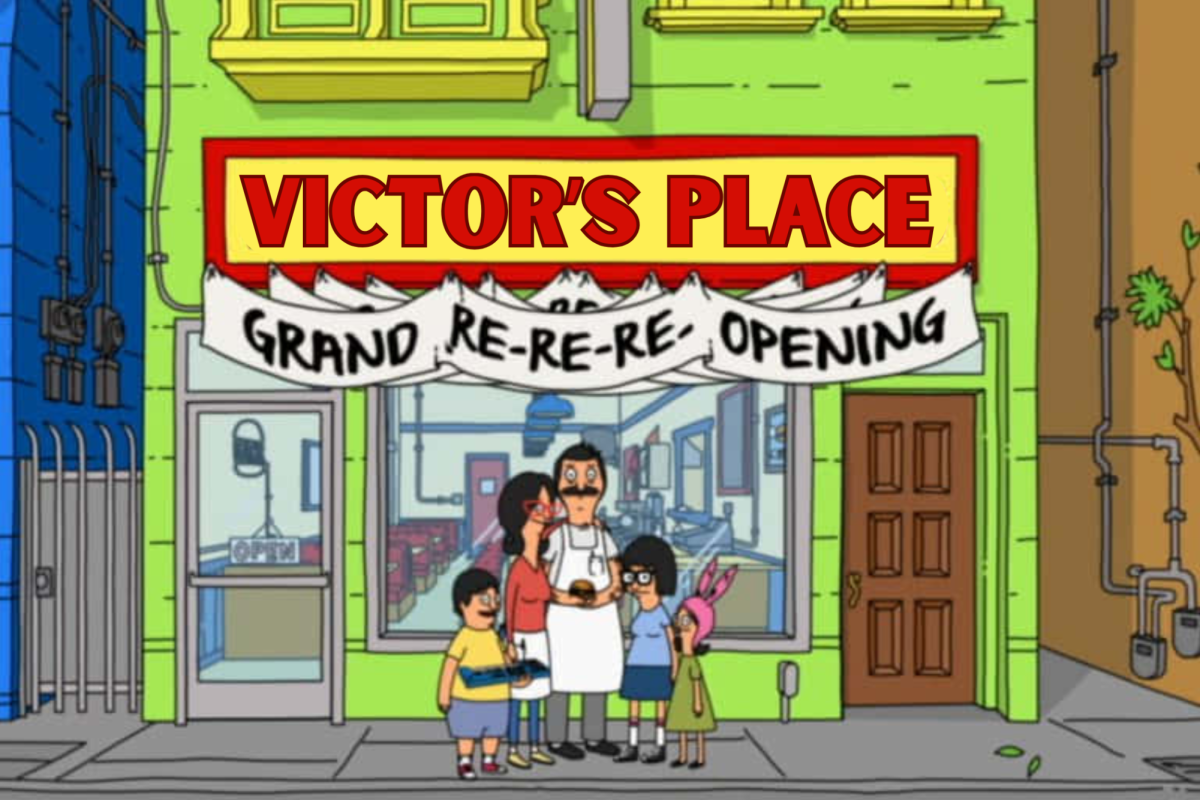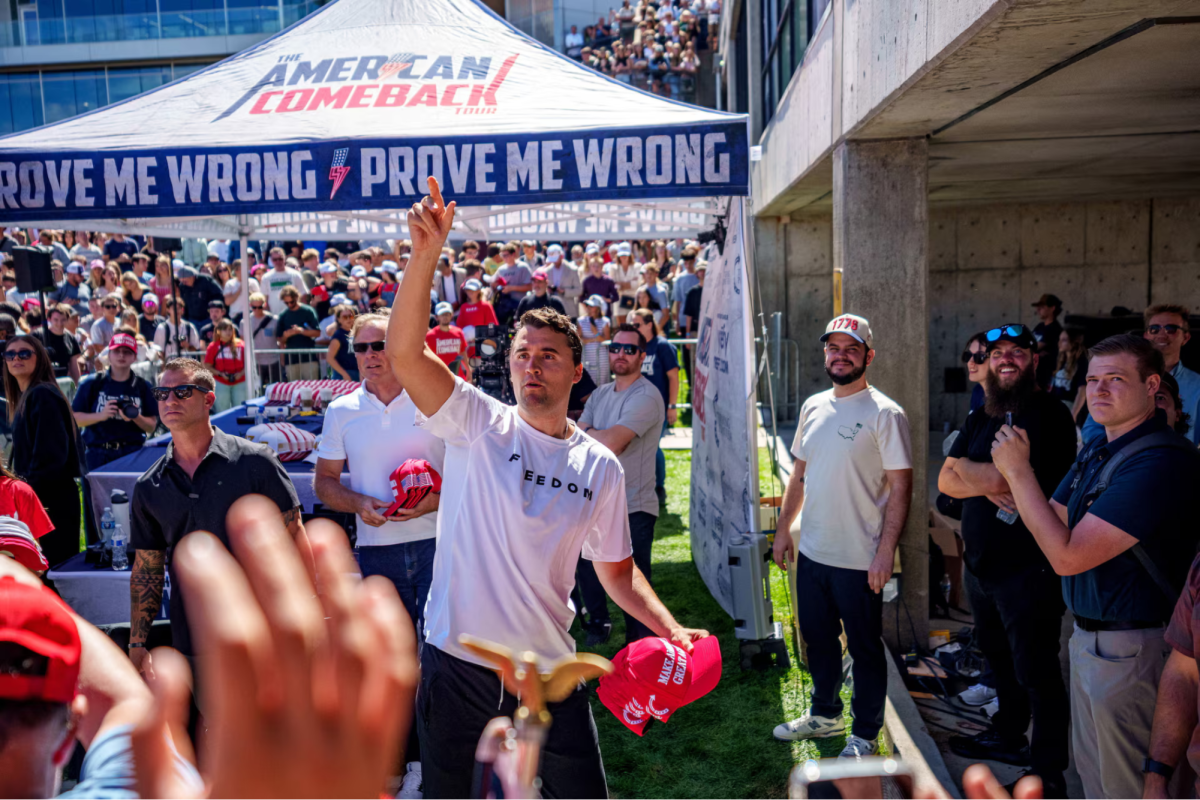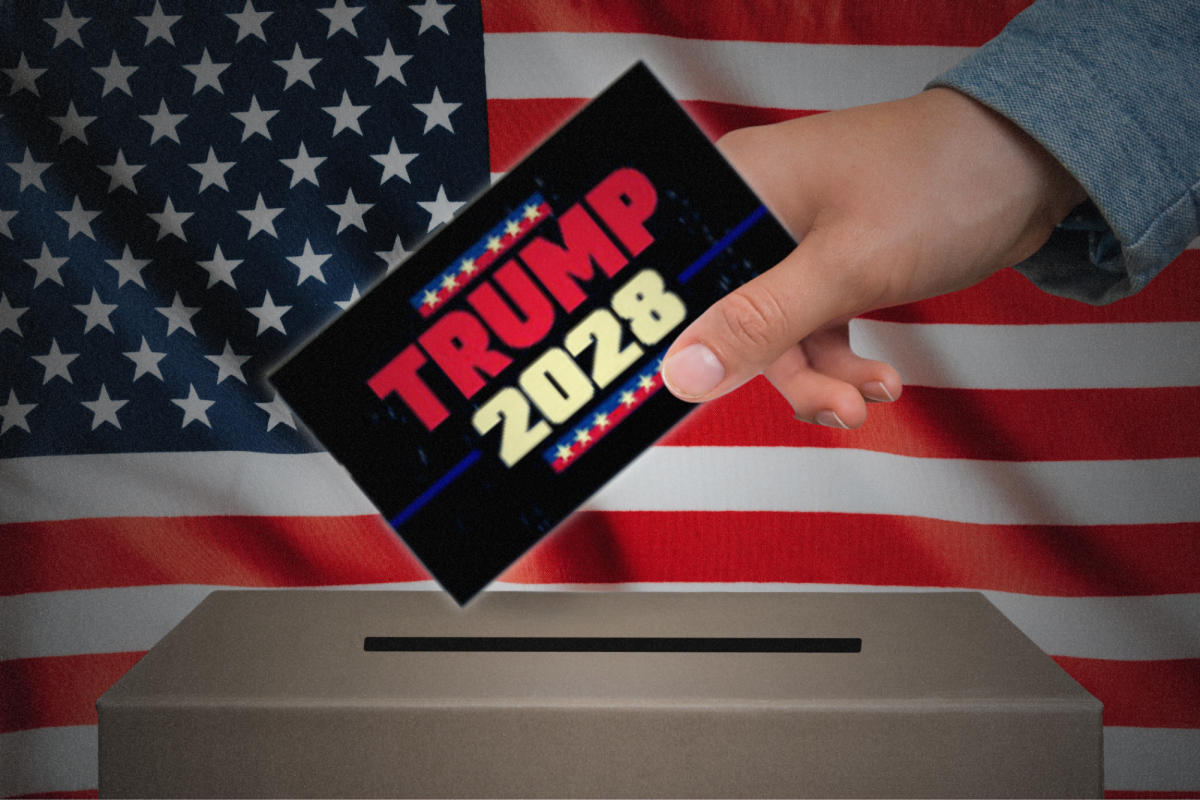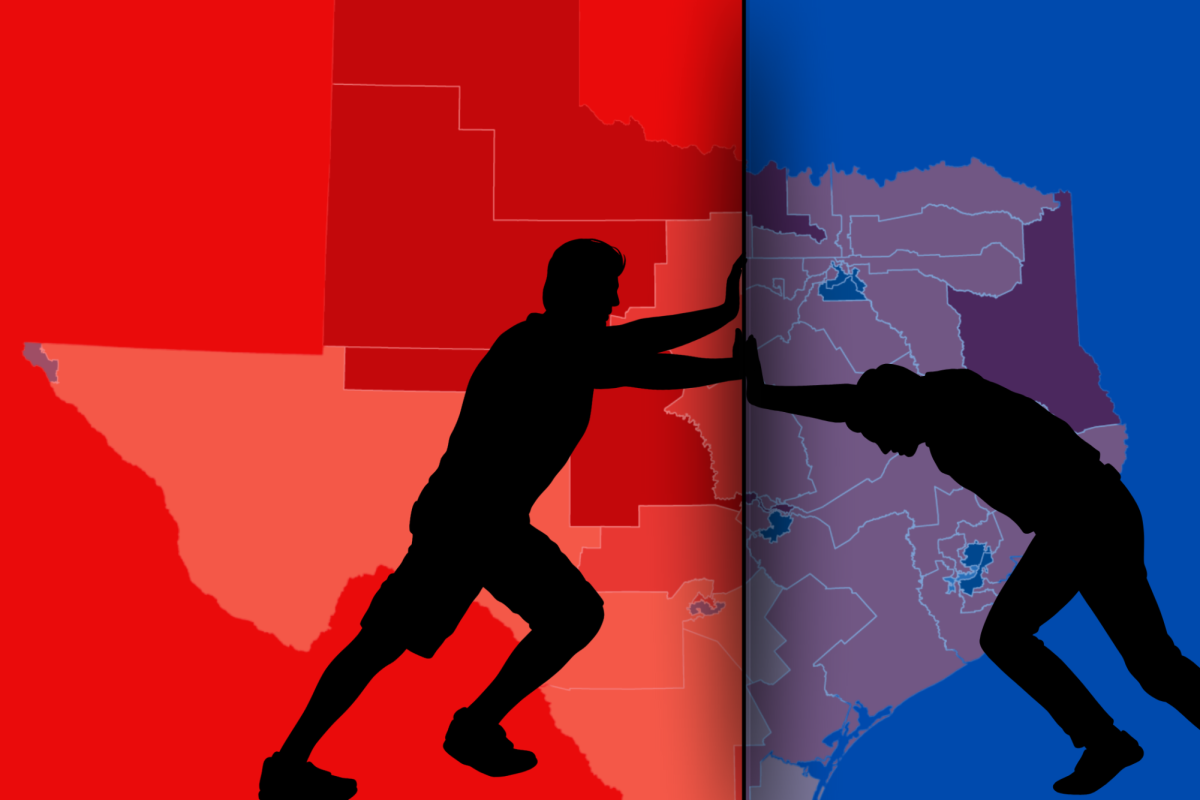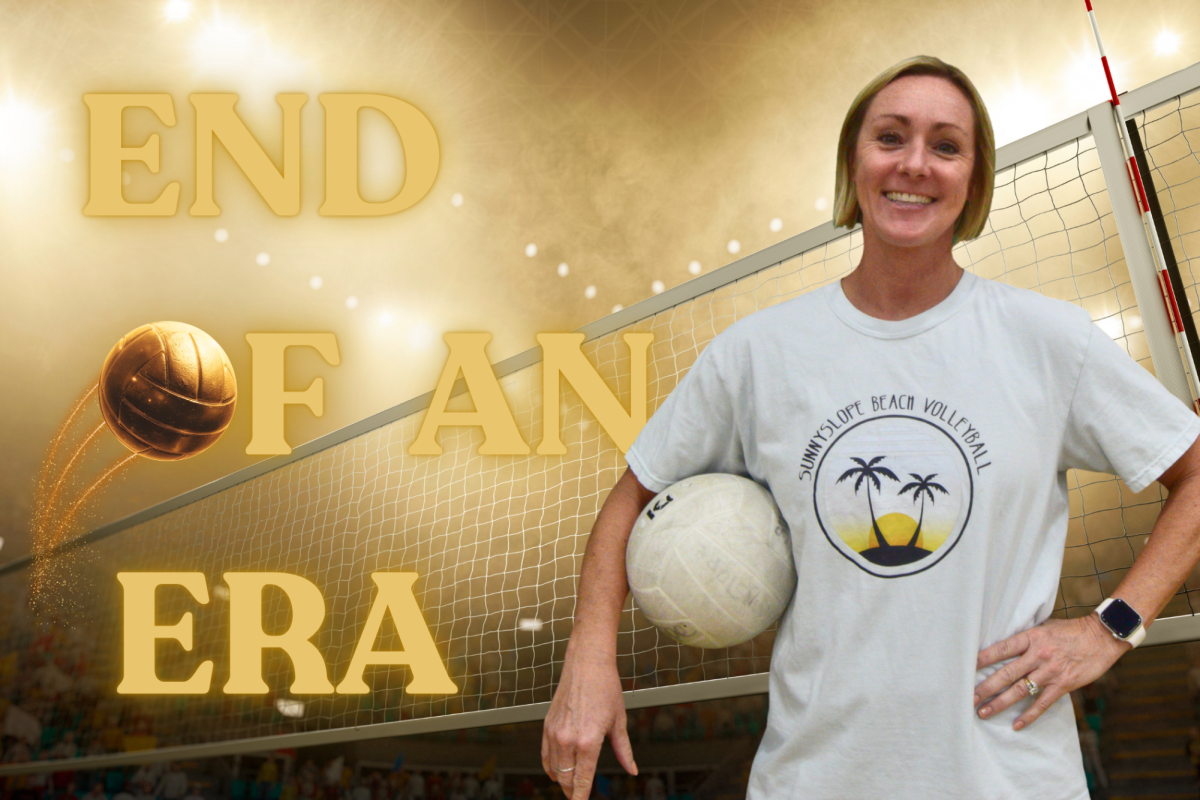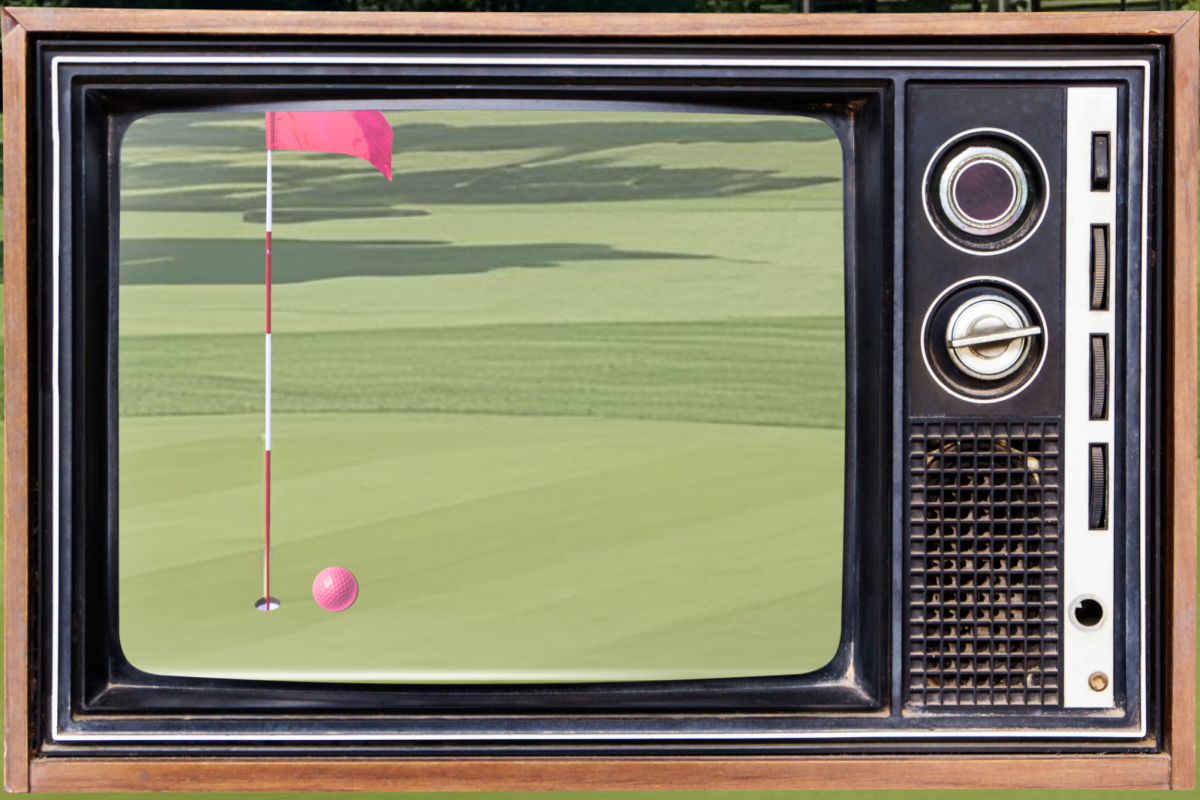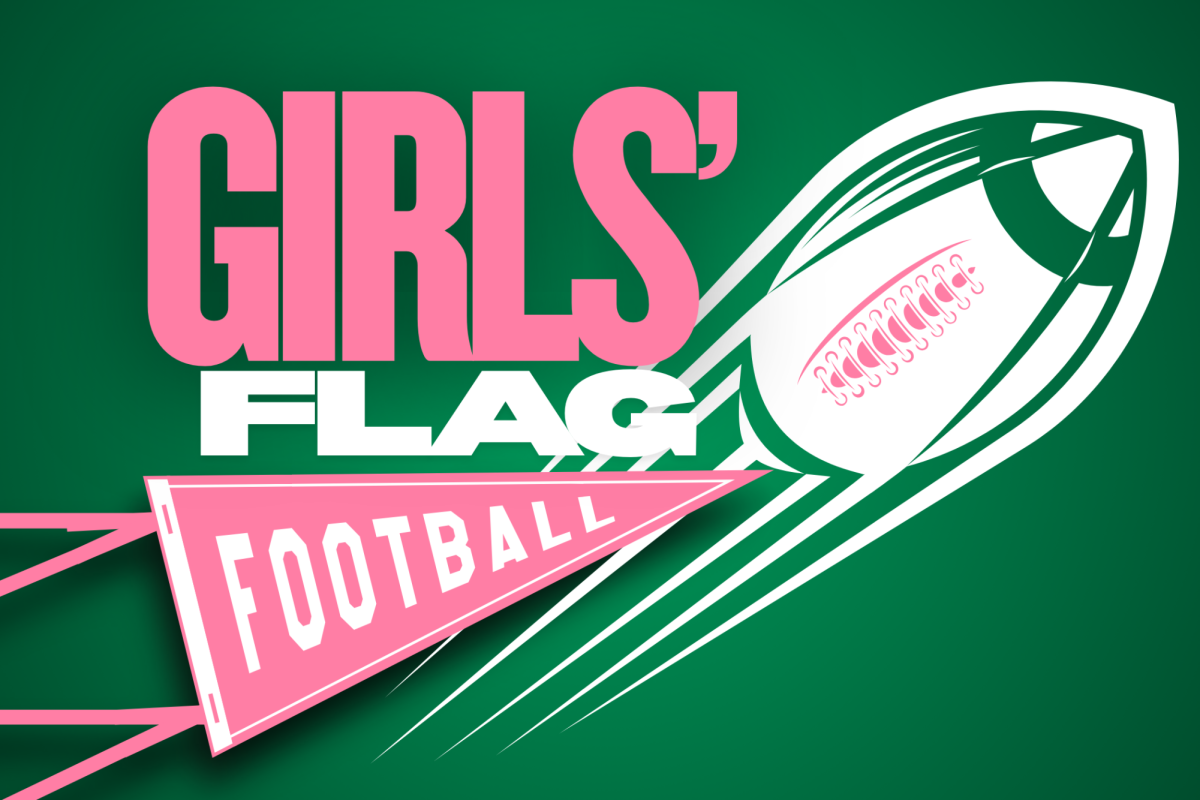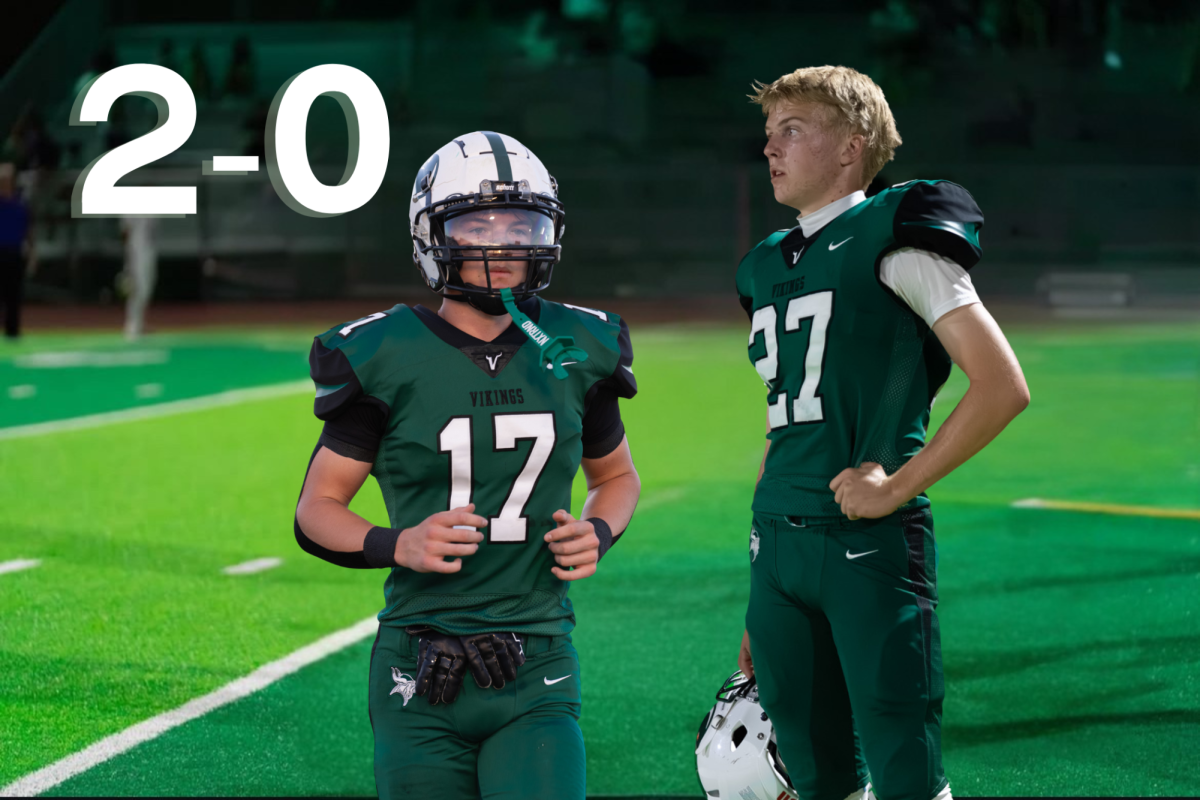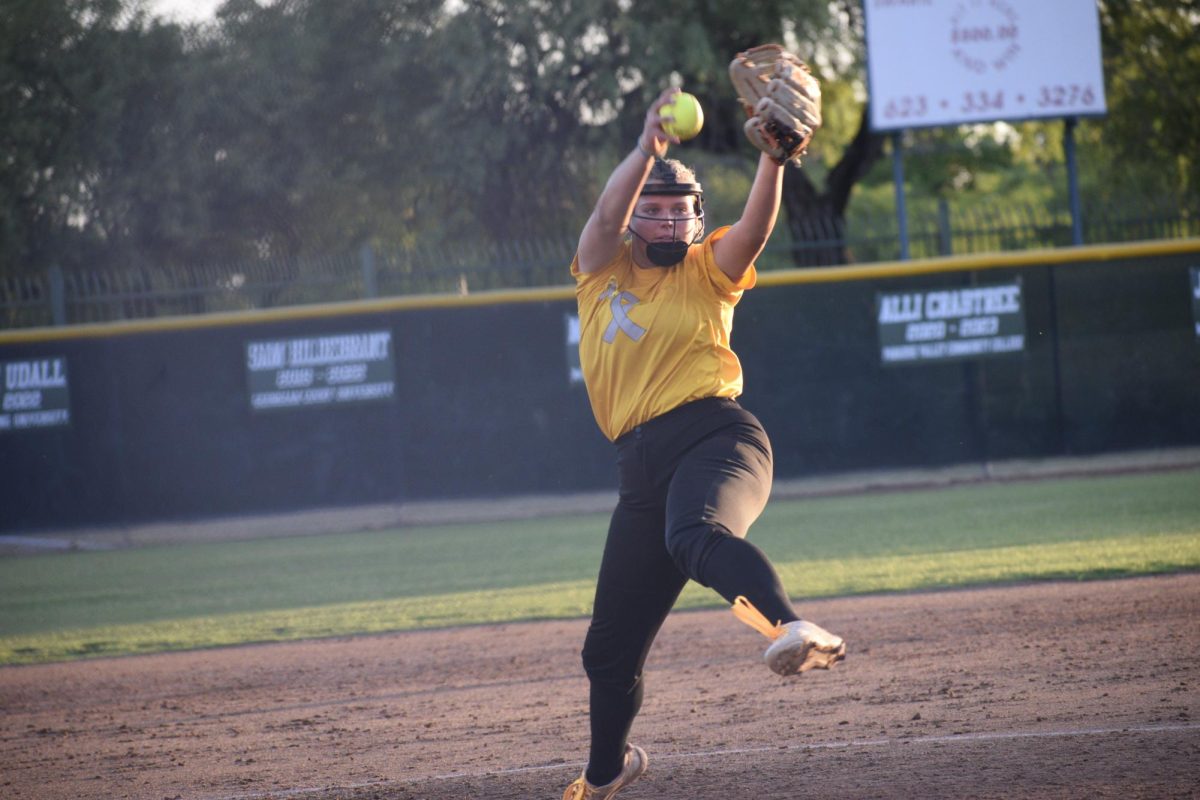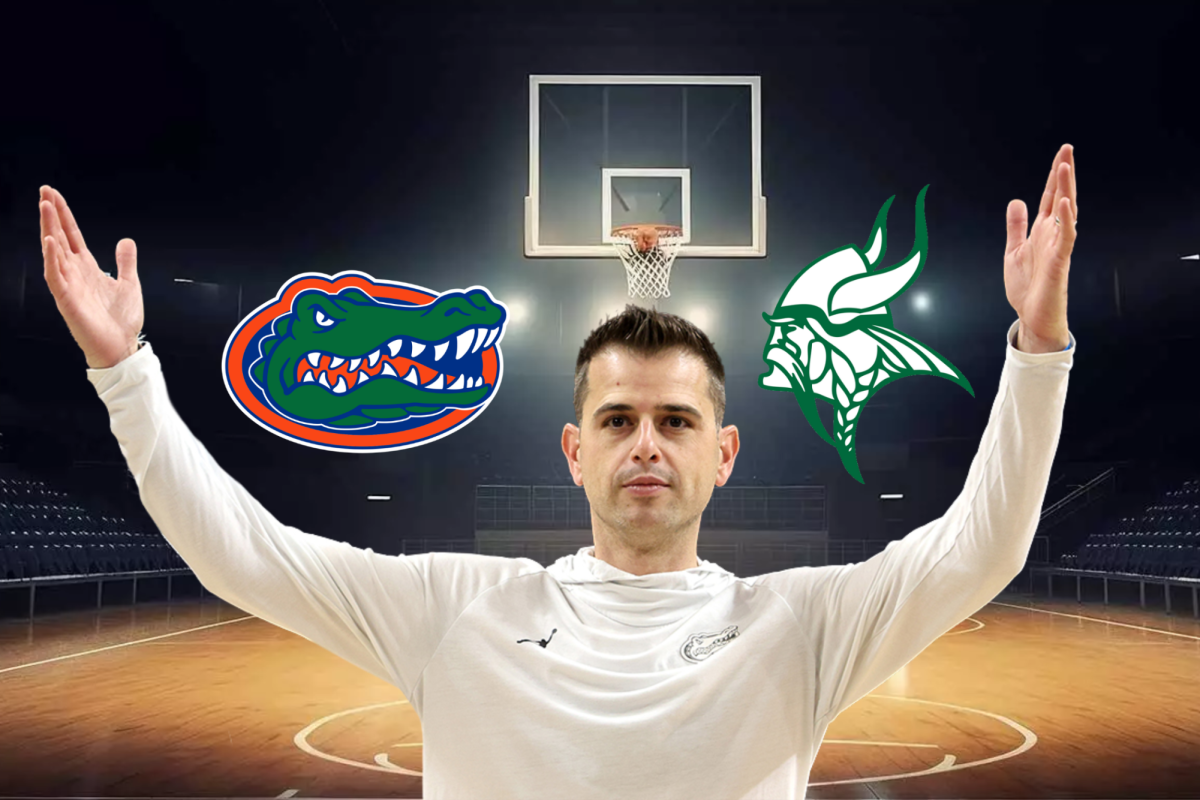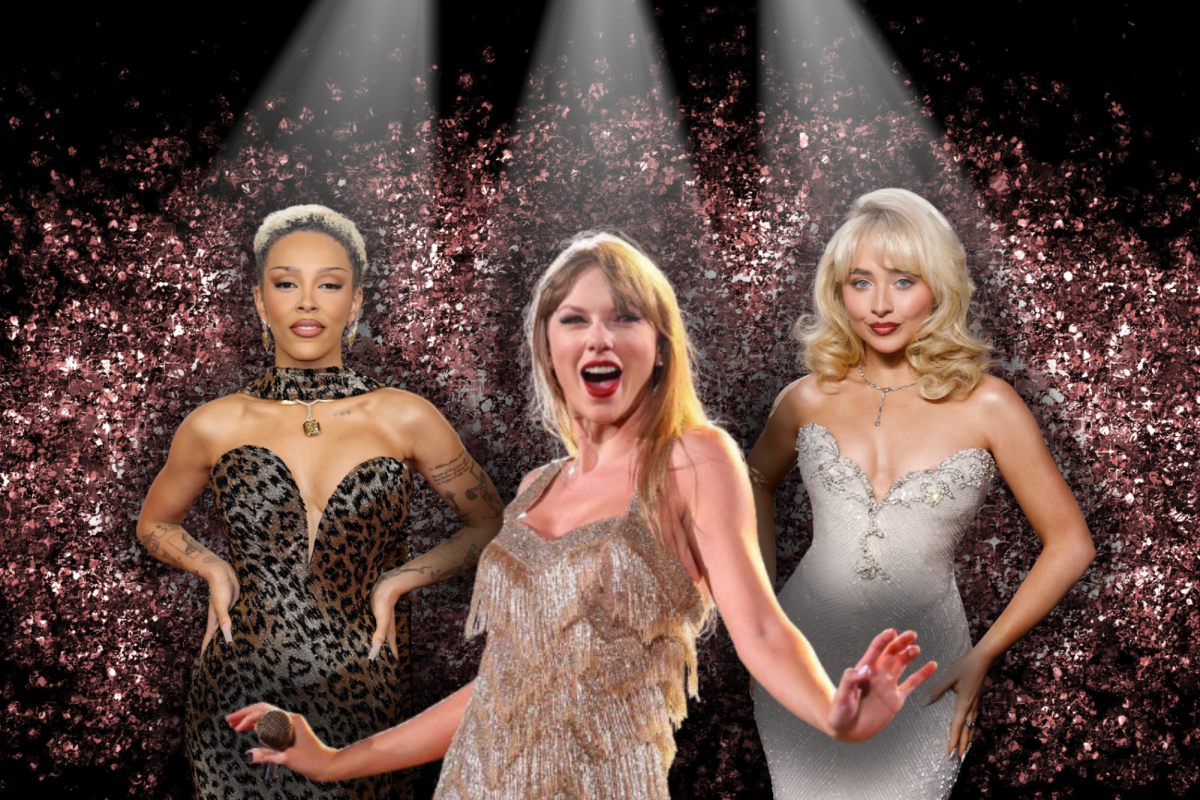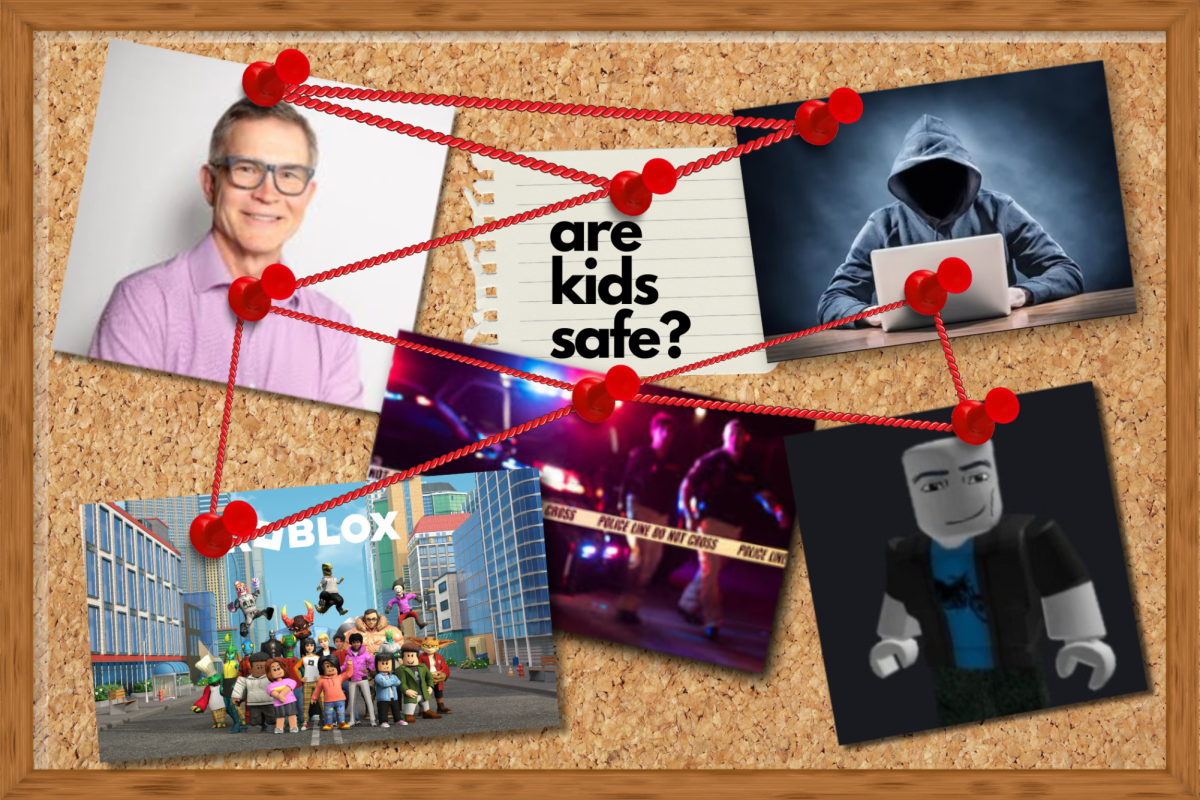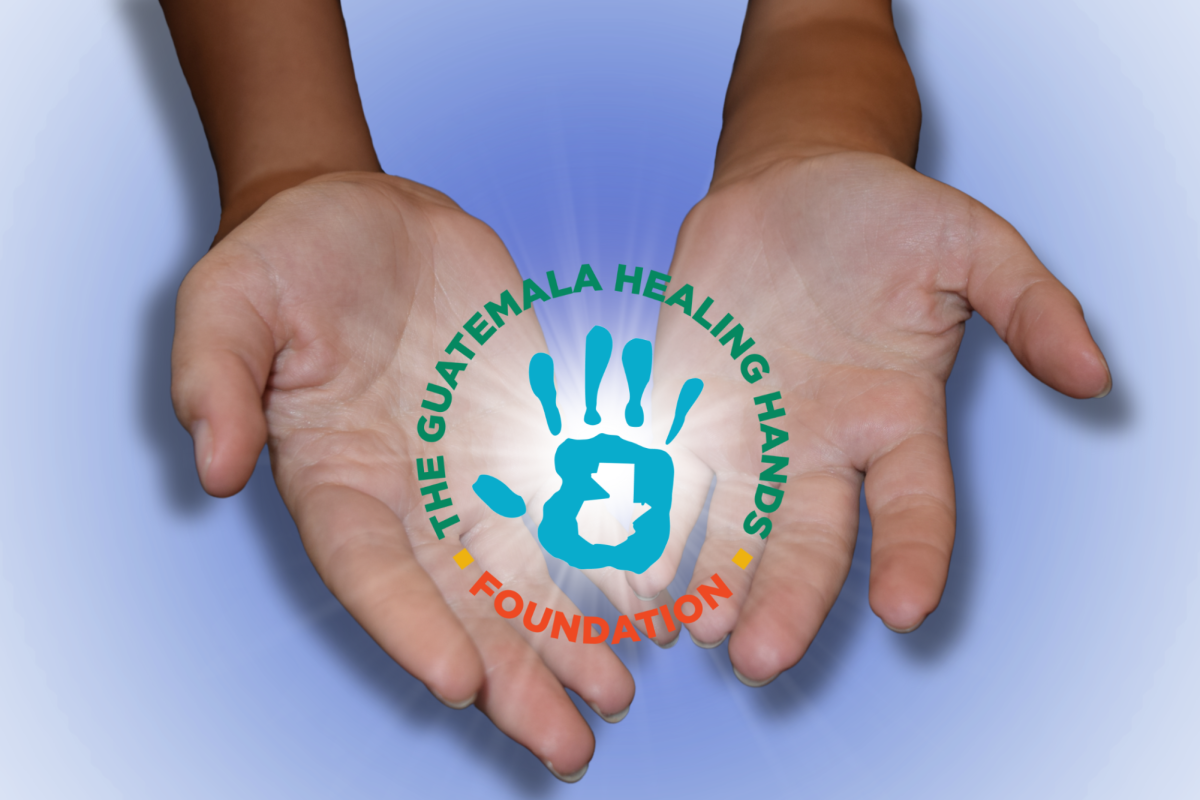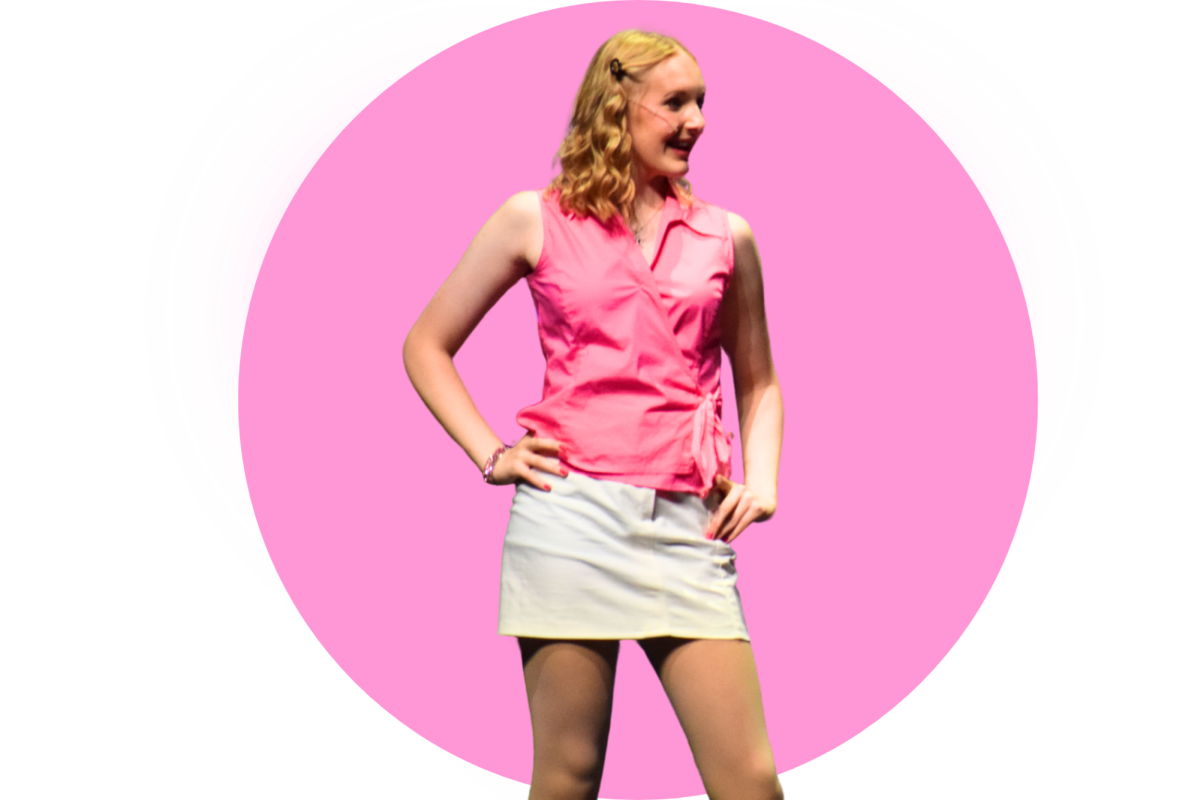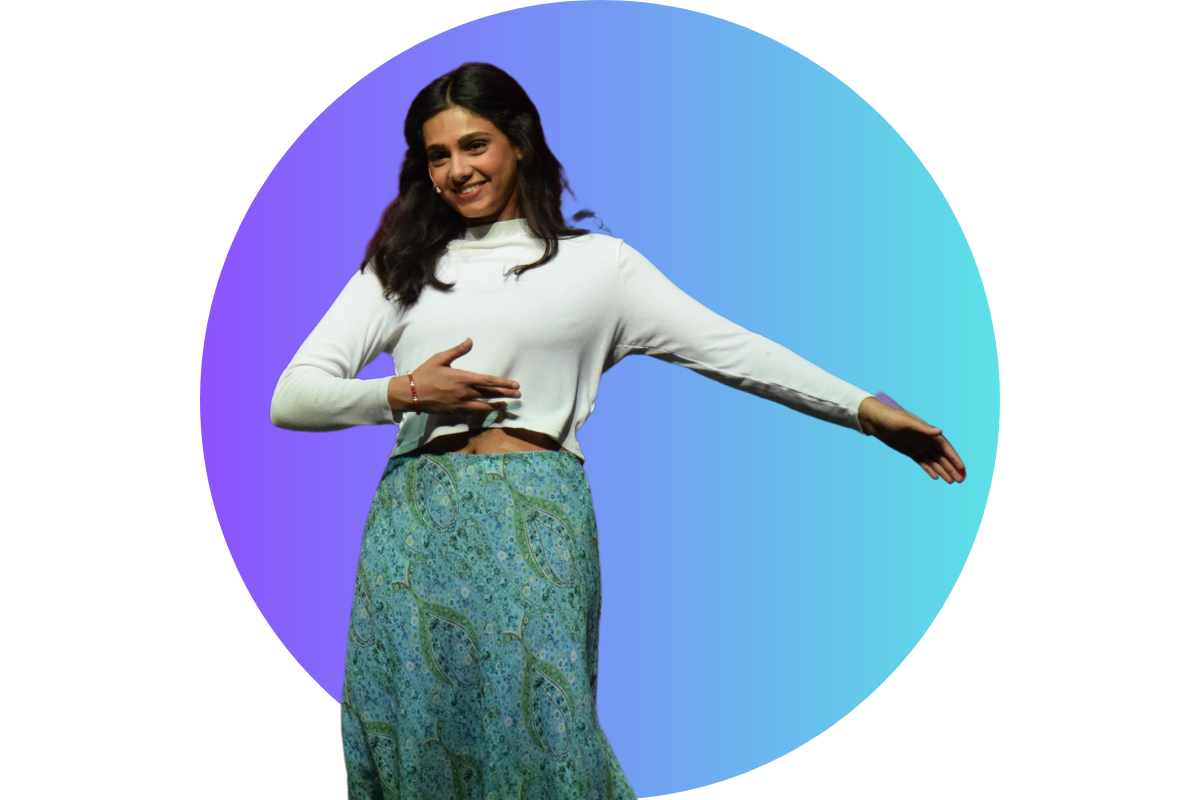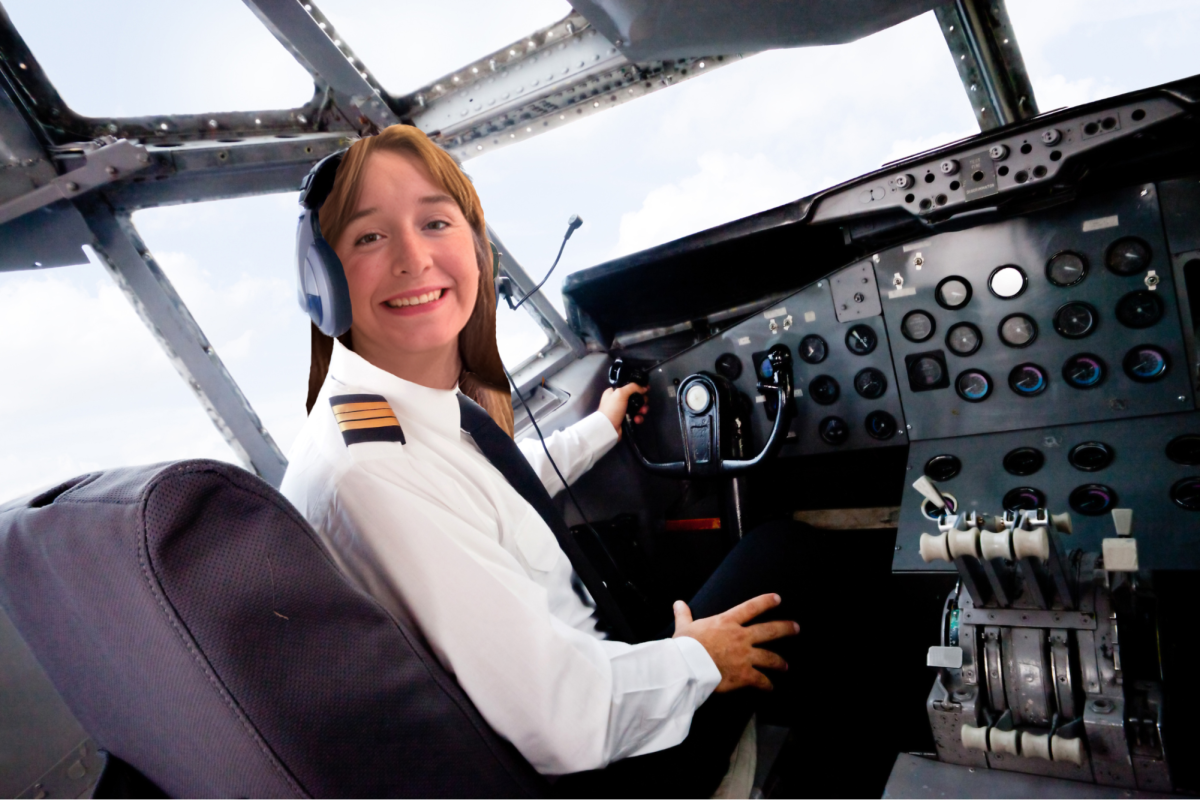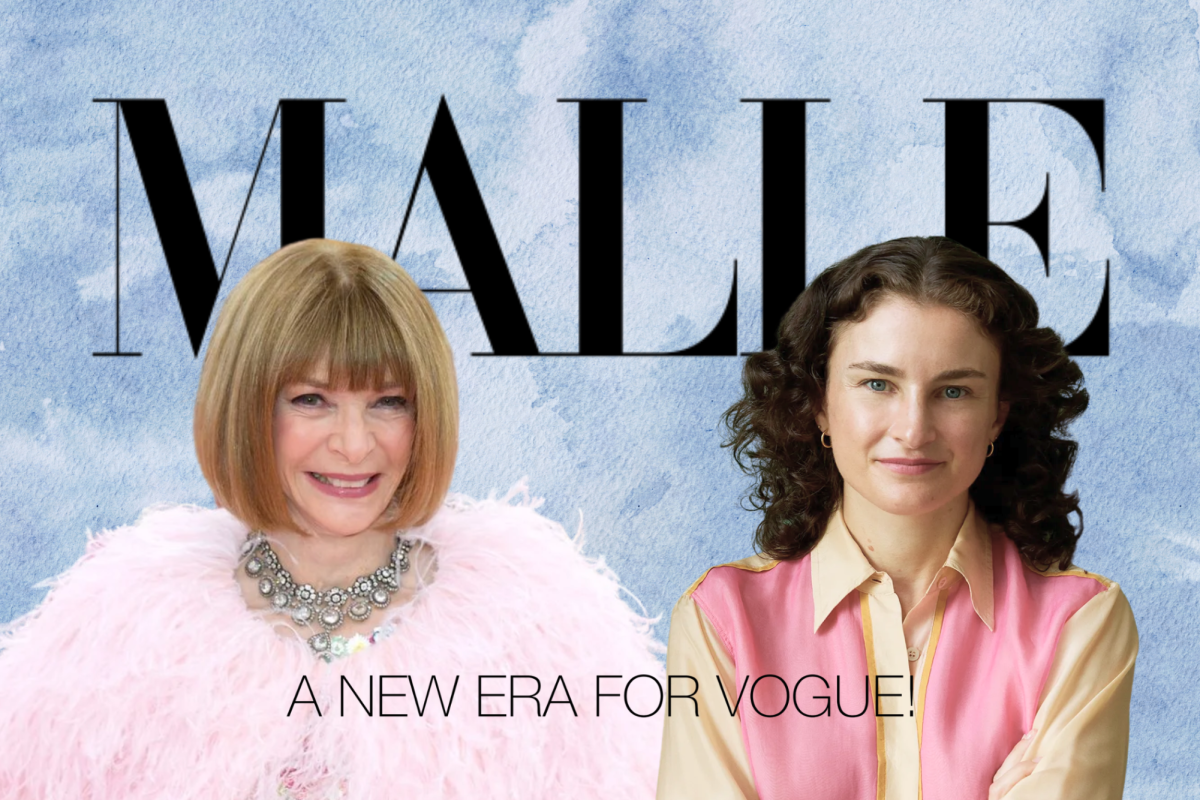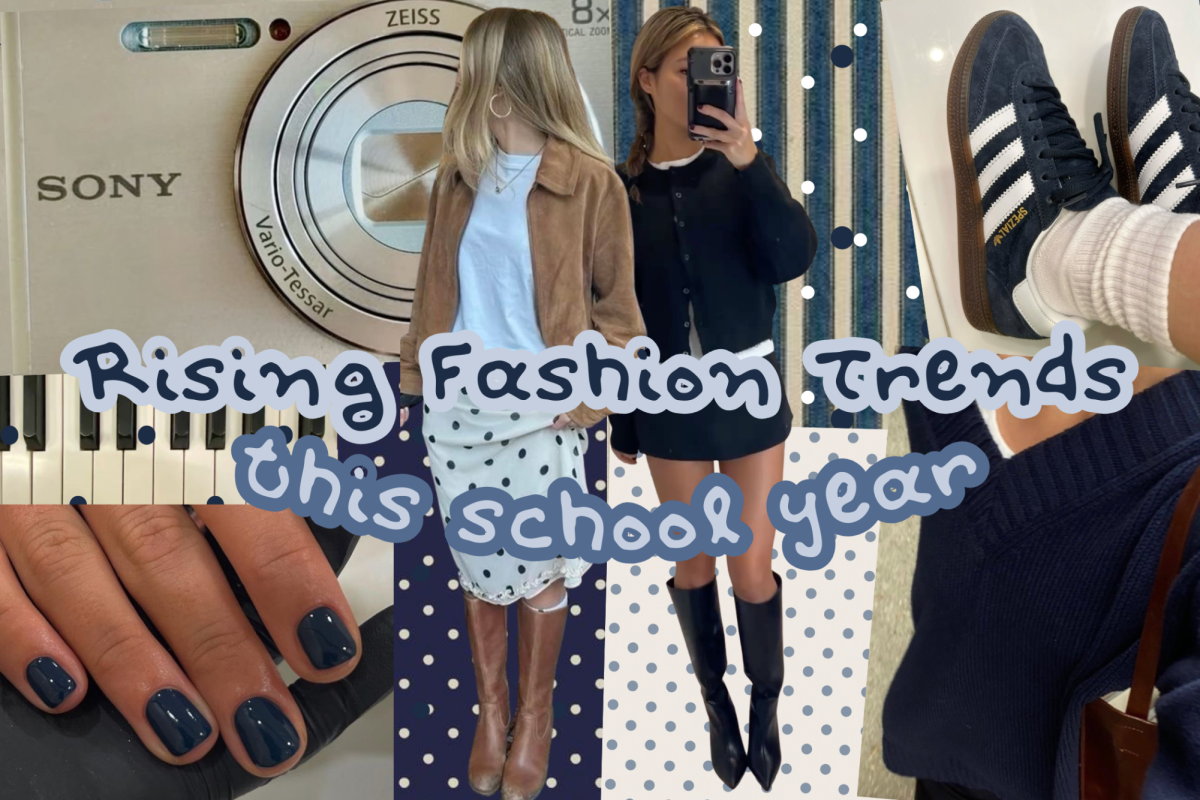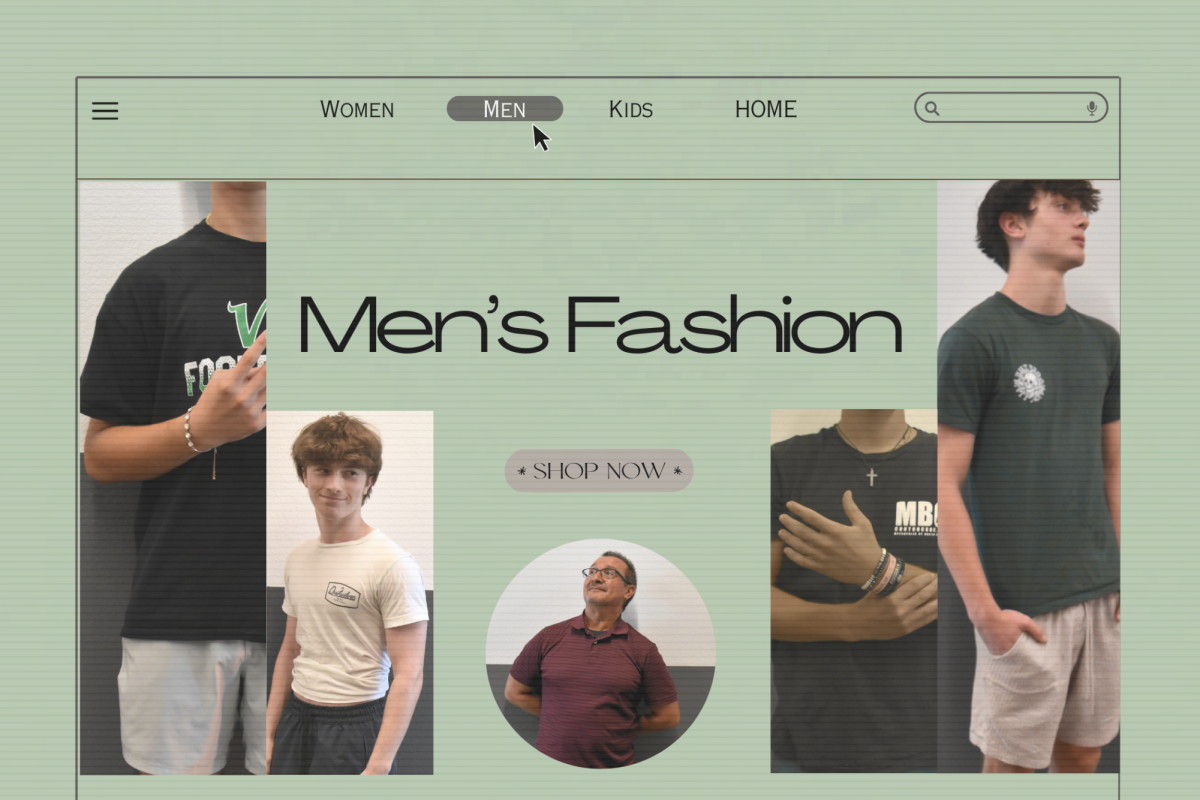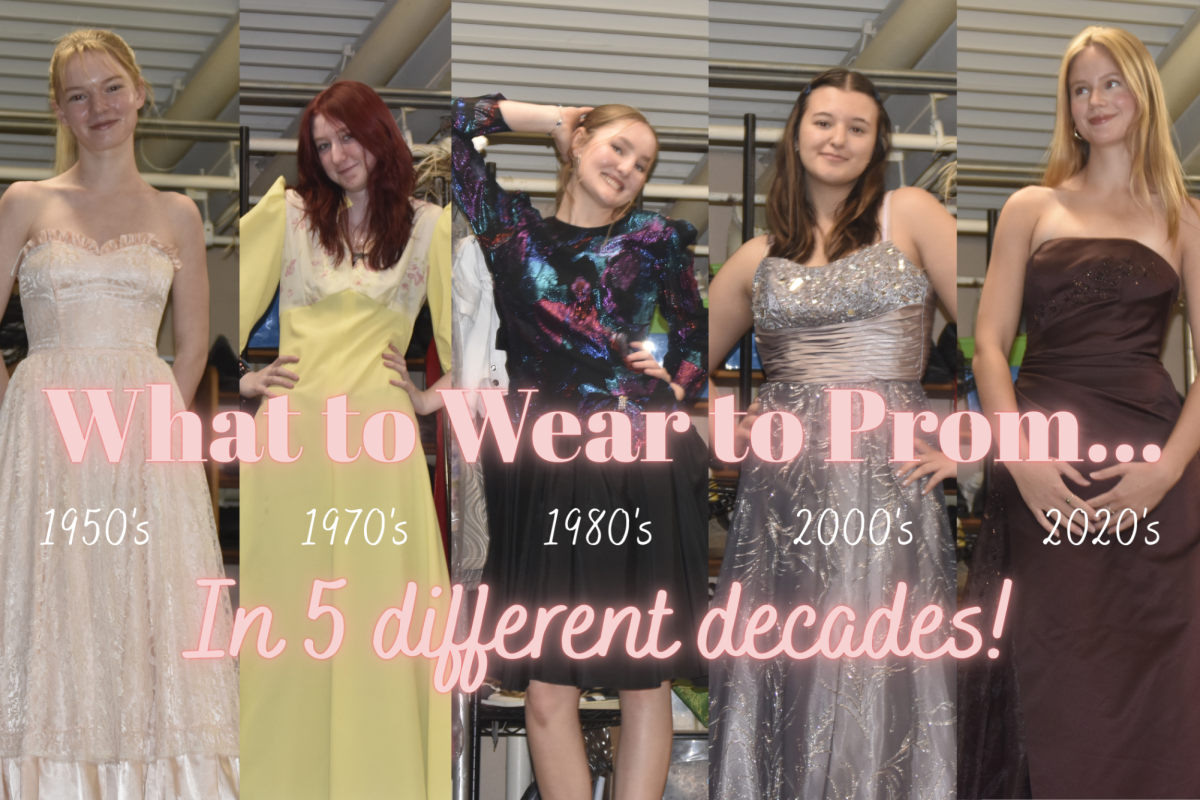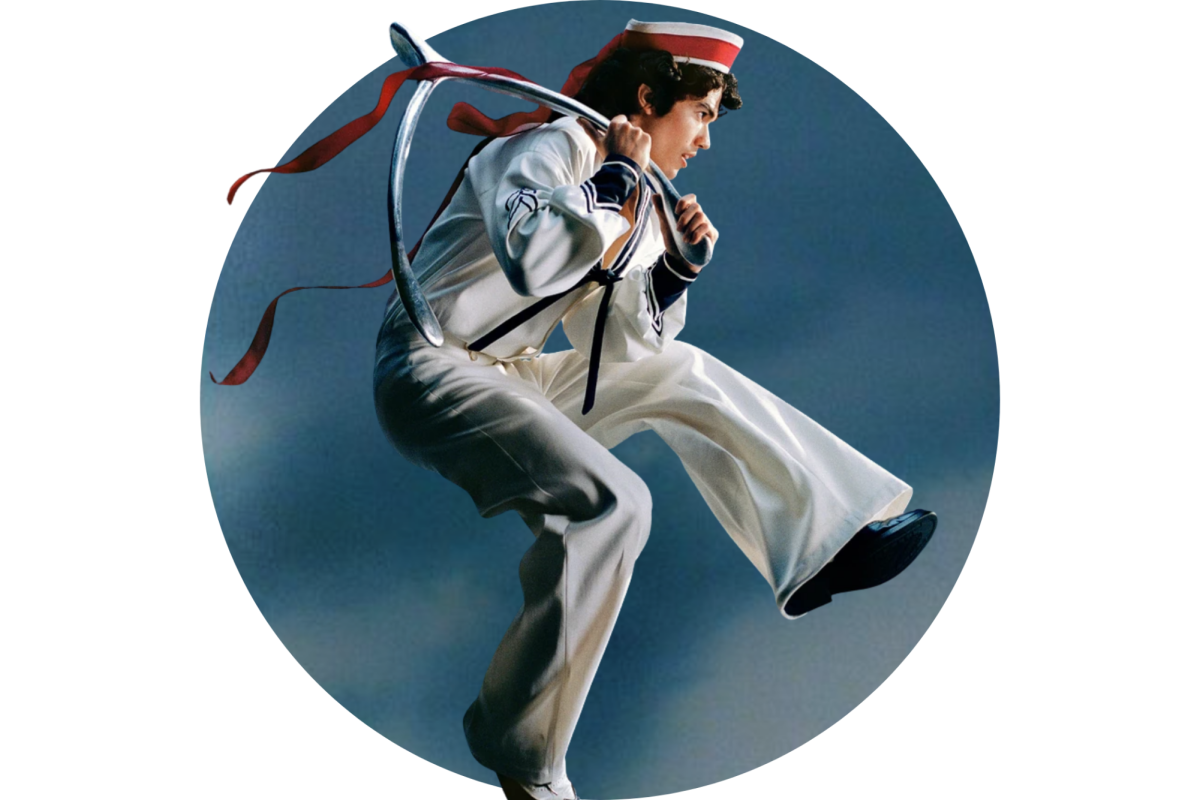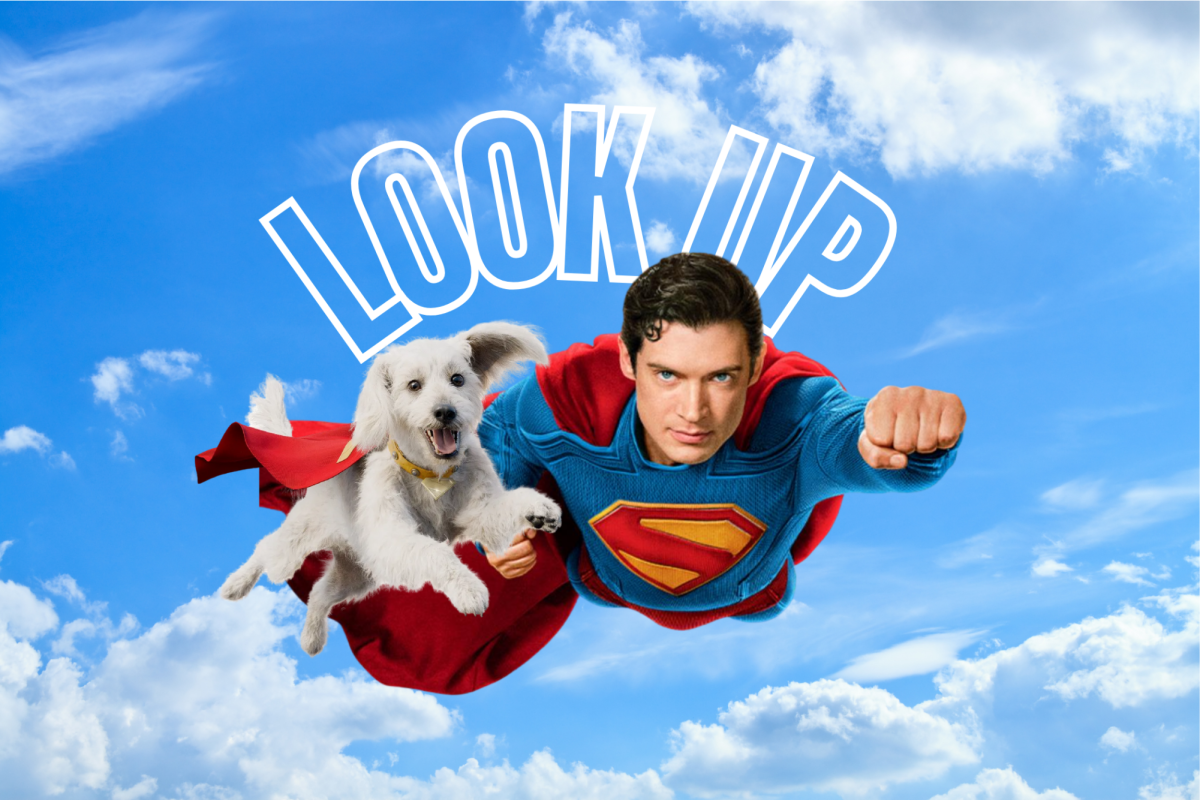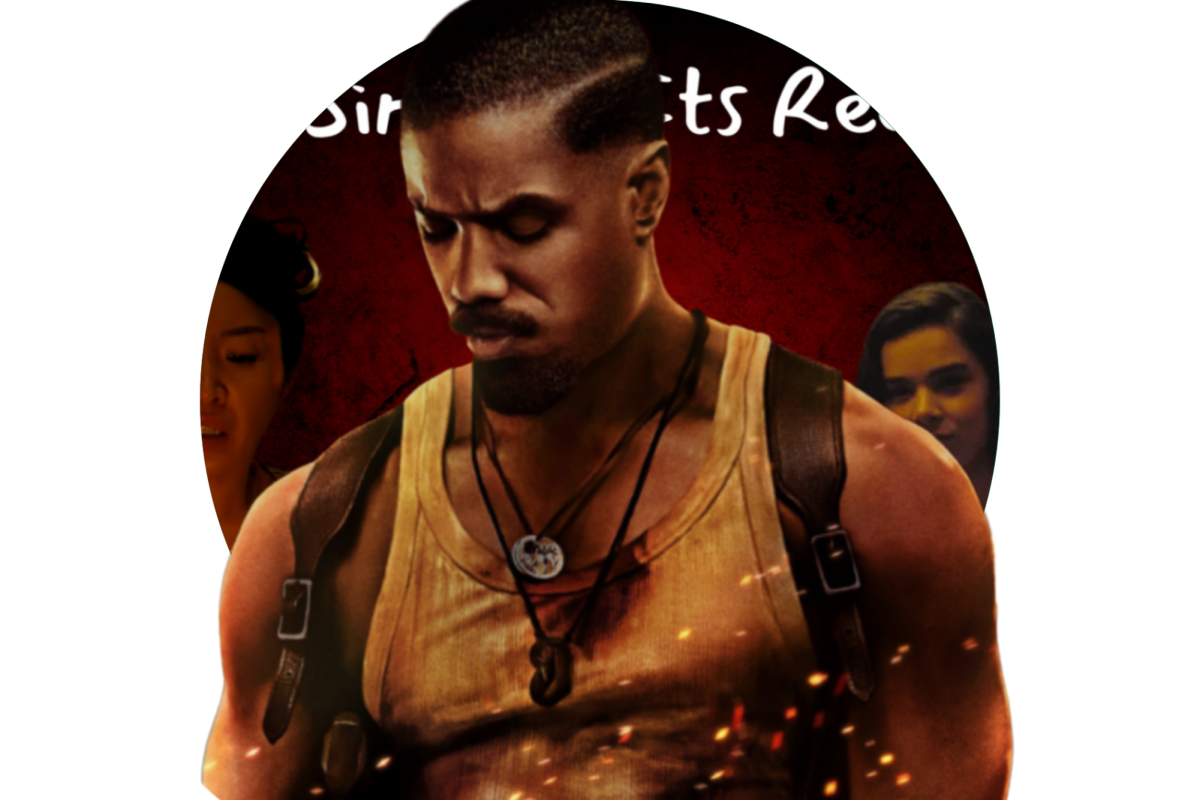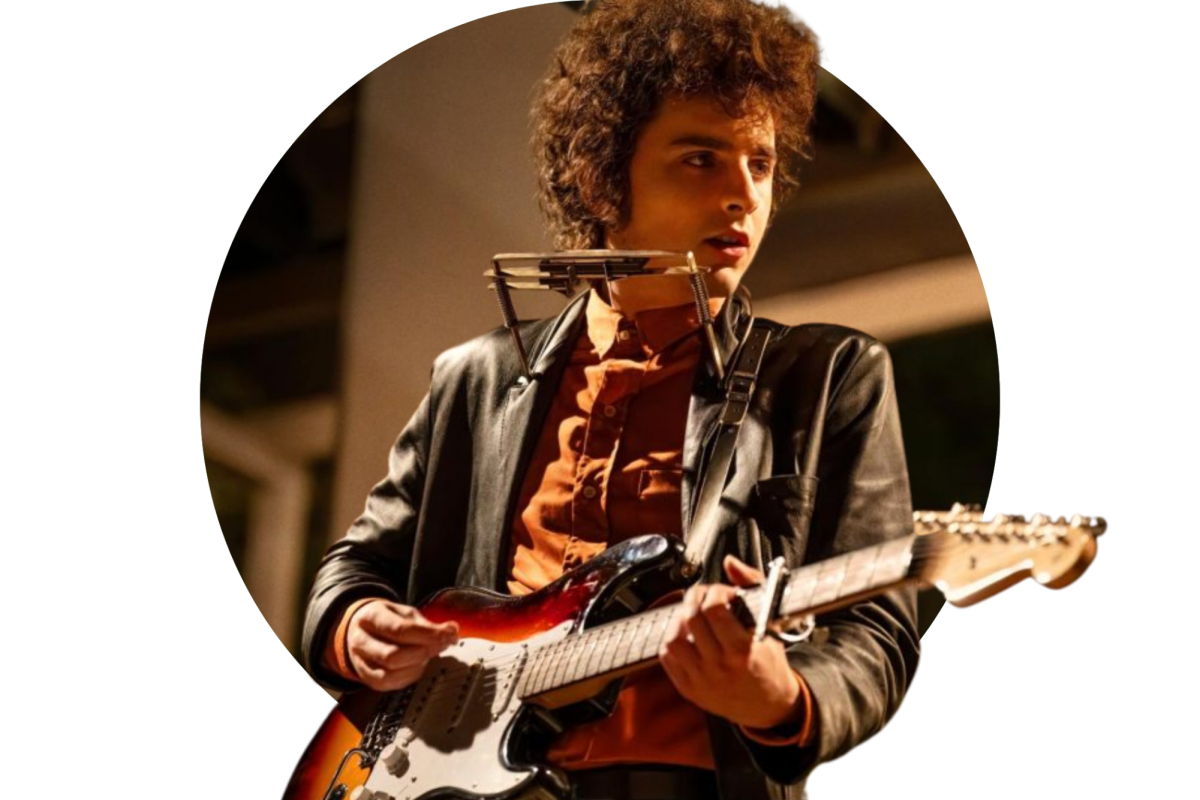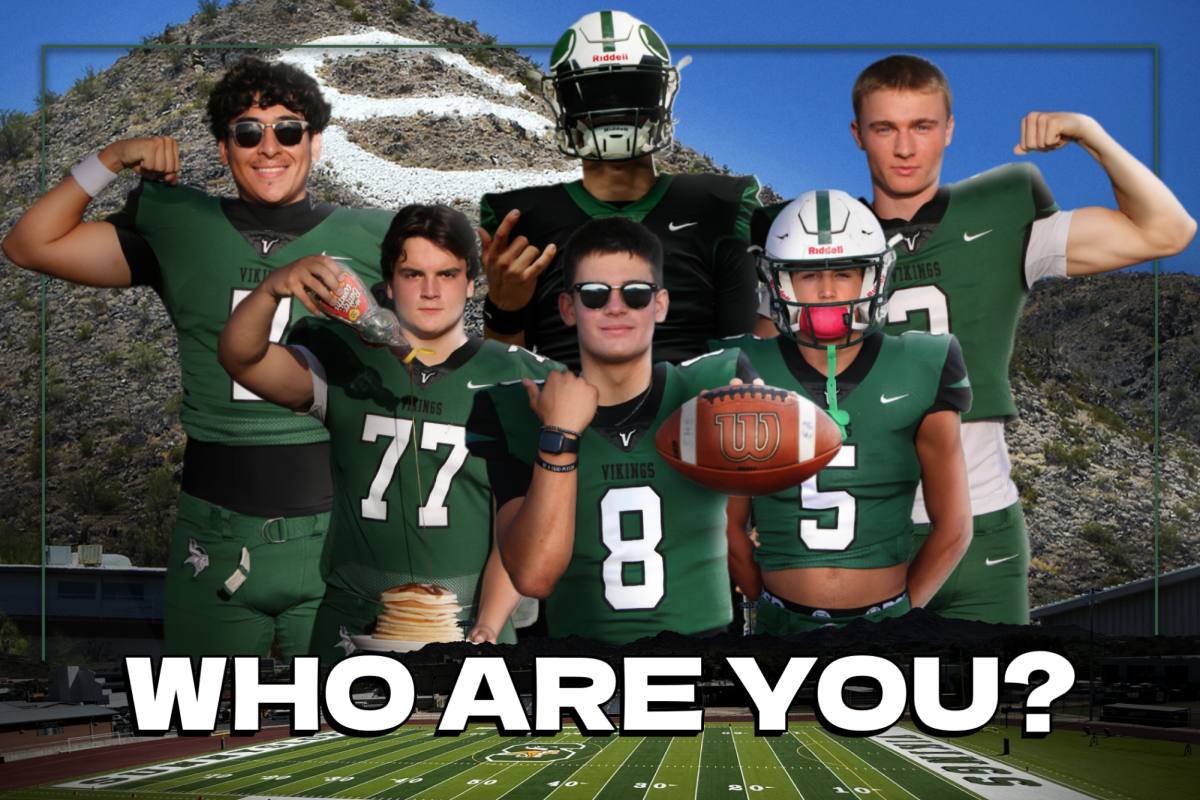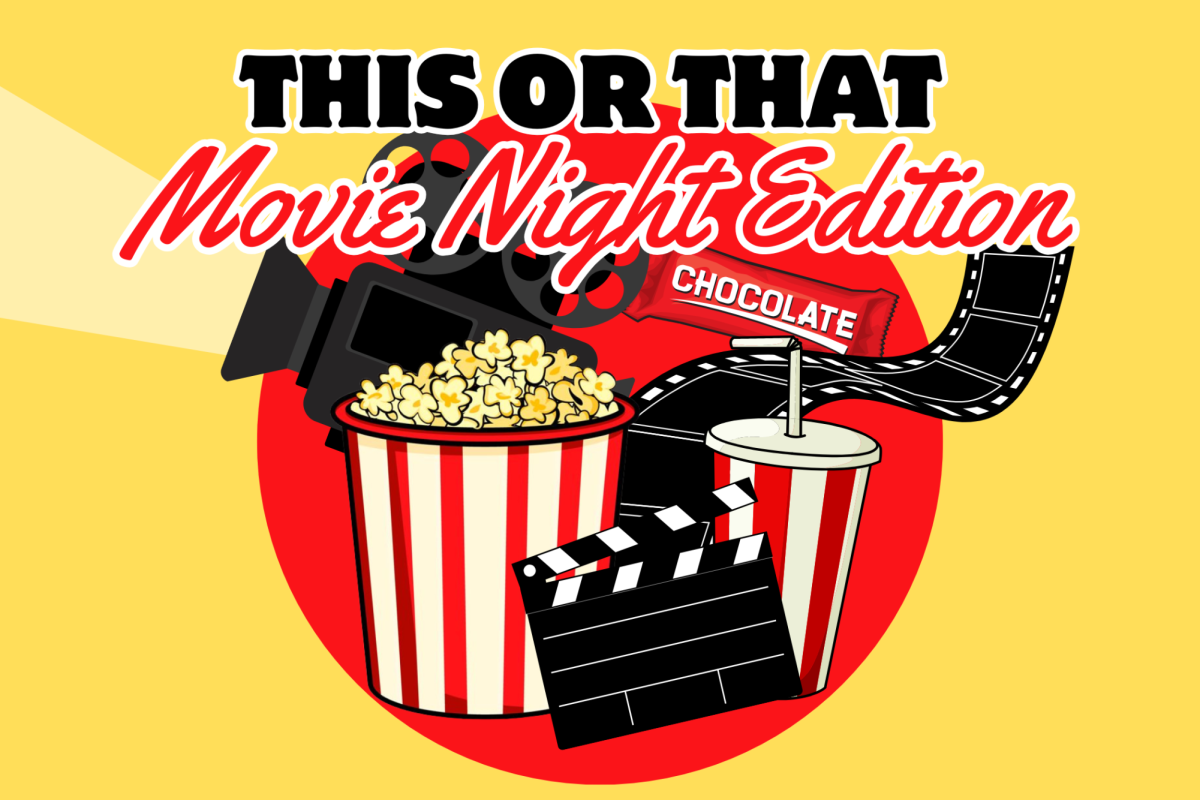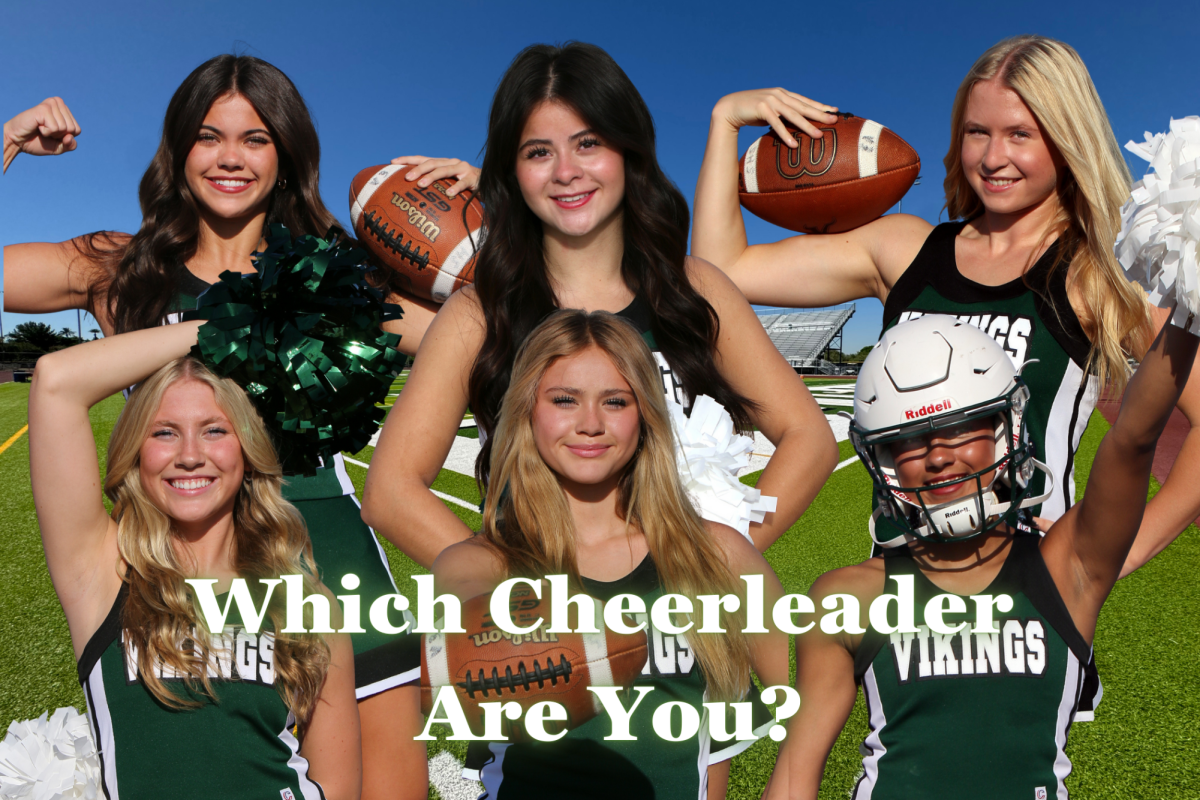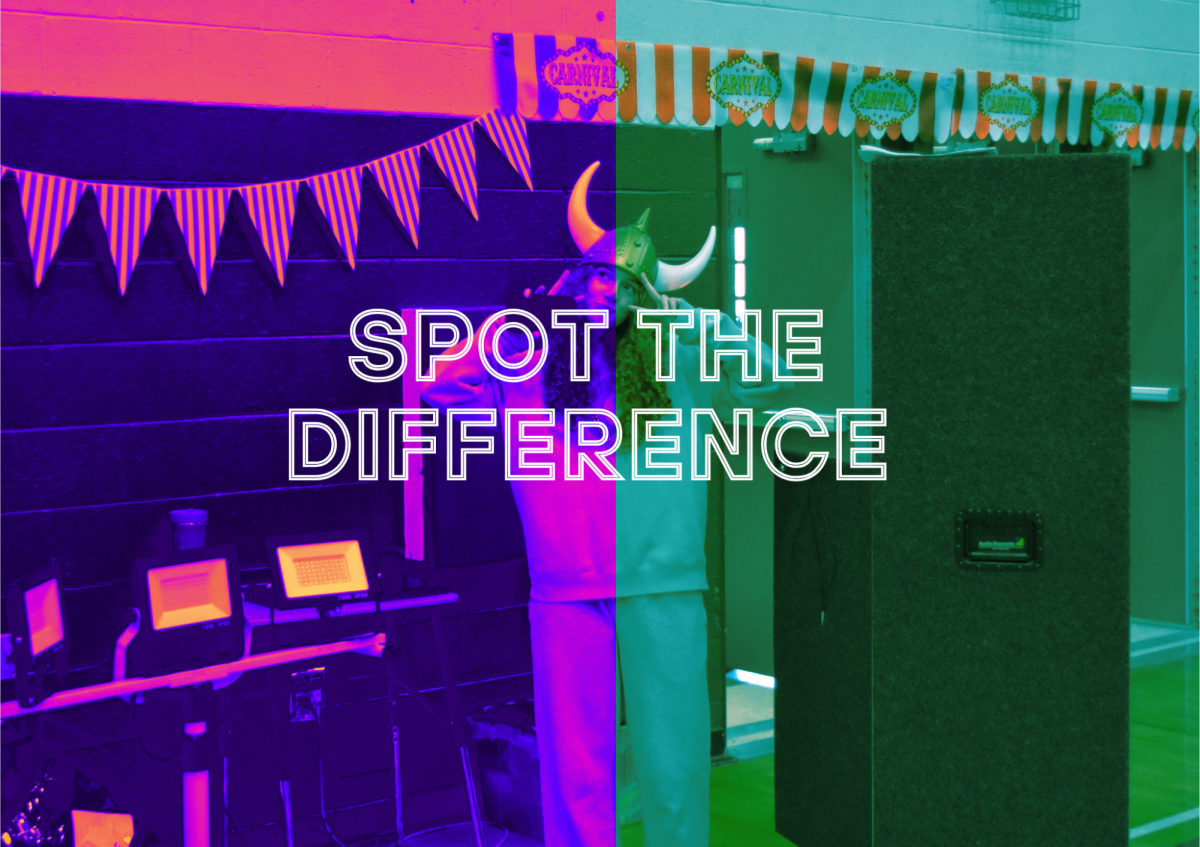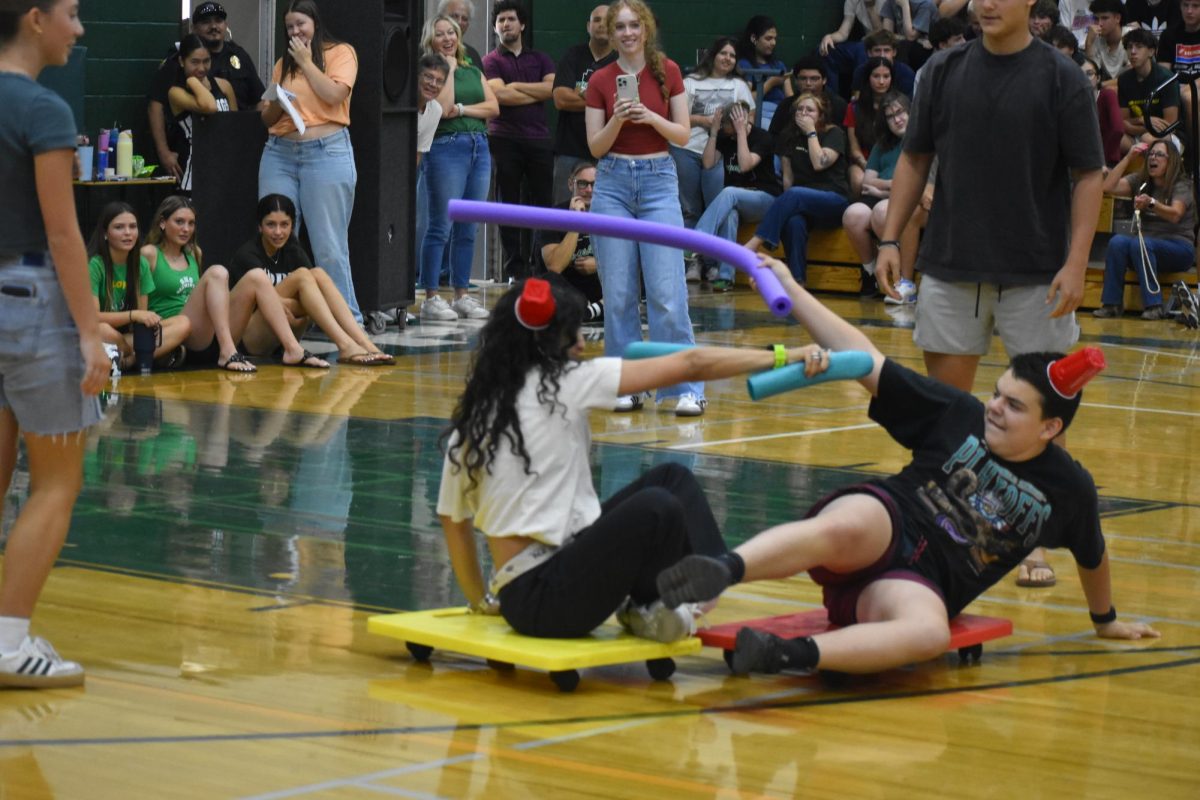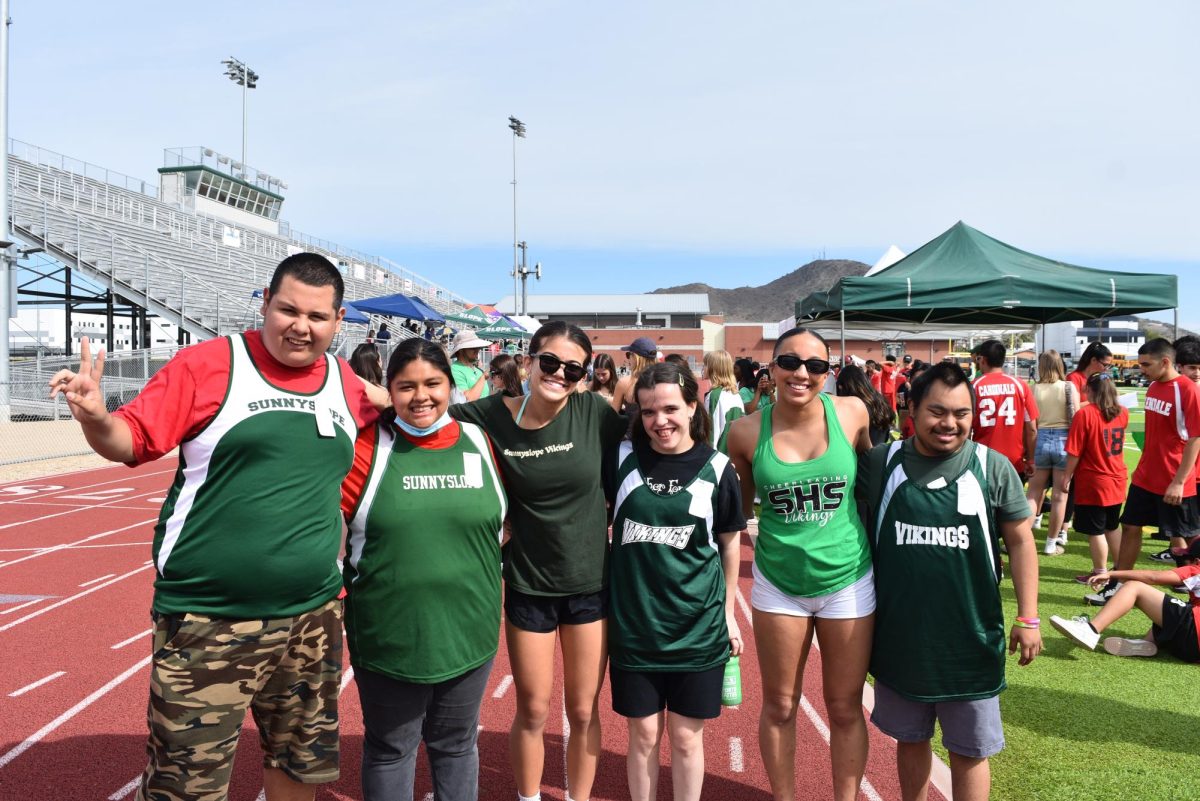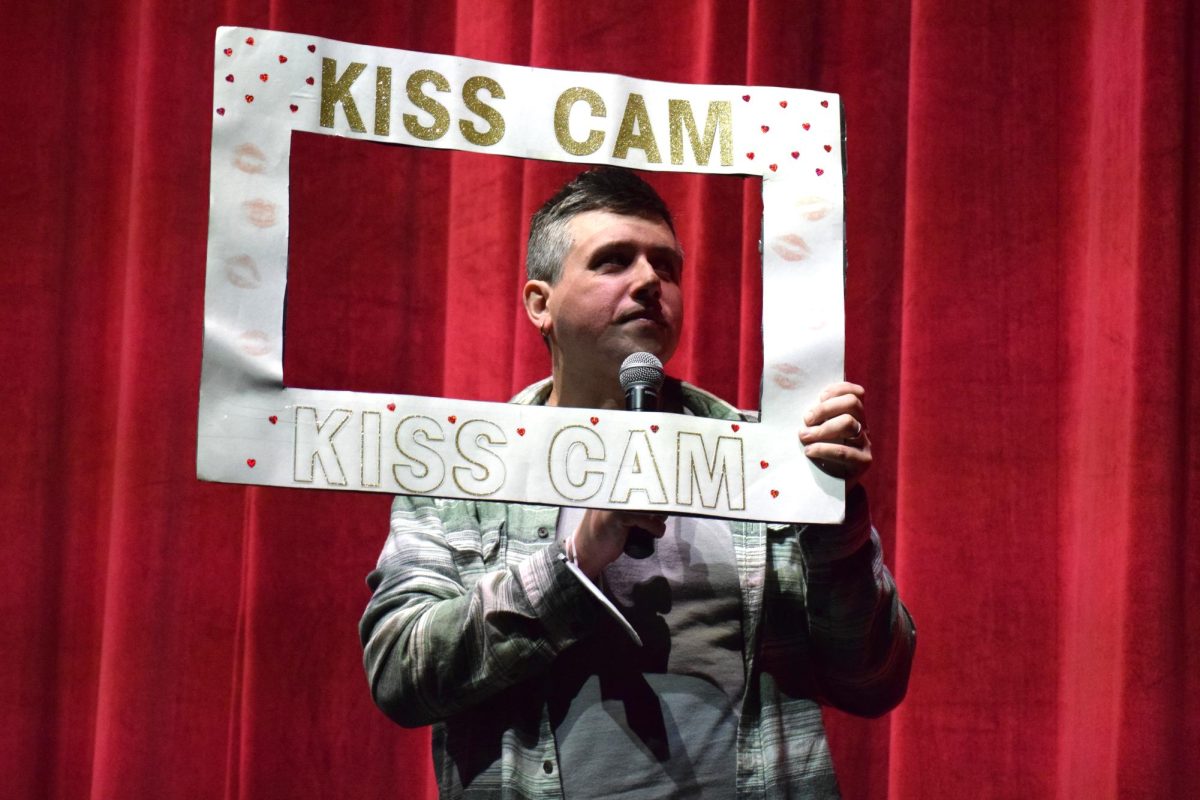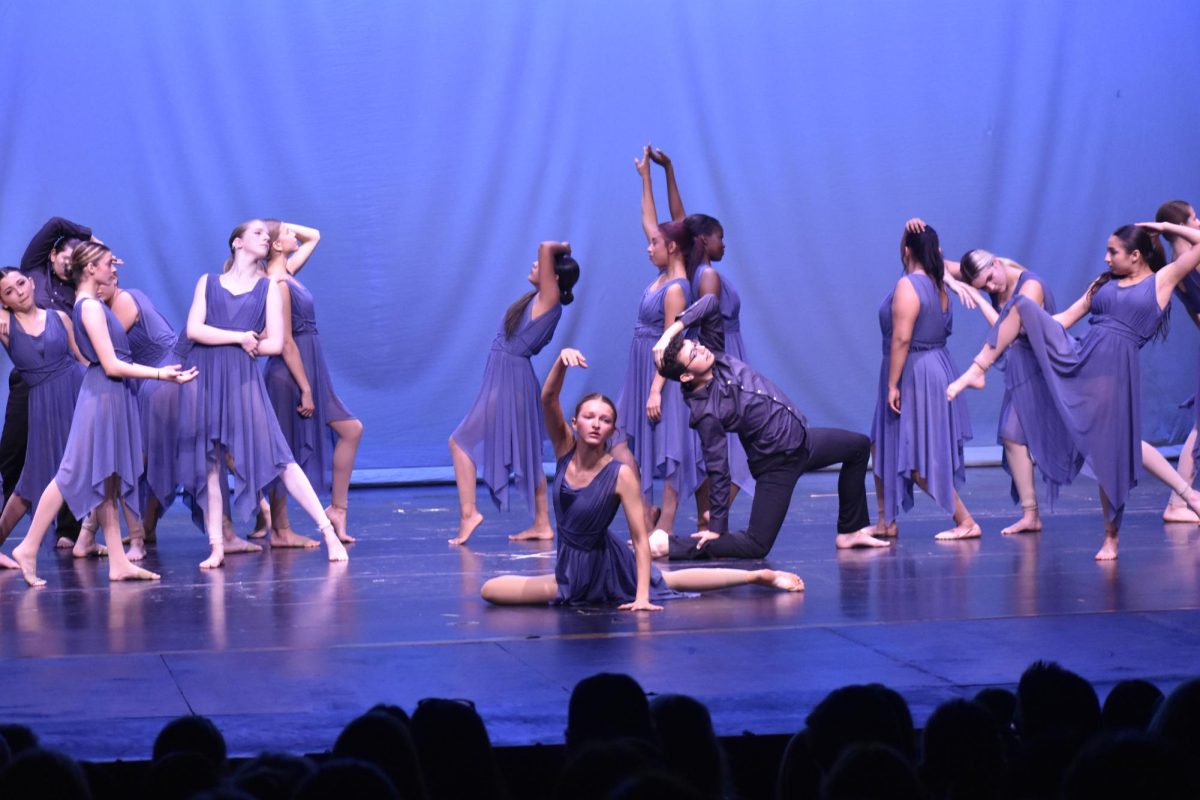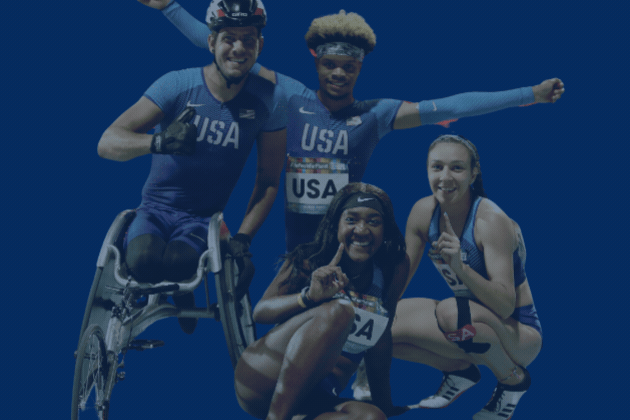The Paralympic word includes the Greek word preposition “para” meaning “beside” as it’s supposed to be alongside the Olympics.
The Paralympics are the Olympic counterpart for athletes with physical disabilities.
The Modern Olympic games were created in 1896 and 64 years later the Paralympics were created in 1960.
However, only recently have they taken the world by storm which is a problem.
The news attention isn’t even close to similar between the two games.
The Olympics, and Paralympics are an opportunity for athletes from all over the world to represent their home countries in sporting events.
The 2020 Tokyo Olympics had over 3 billion viewers according to the International Olympic Committee.
In comparison, the 2020 Tokyo Paralympics had over 4 billion viewers according to the International Paralympic Committee.
The rhetoric around the Paralympics is negative and even ableist.
Instead of being showcased for their talent like Olympians, Paralympic athletes are featured in advertisements that showcase them as someone with a disability first and how they can ‘overcome’ their disabilities.
This type of narrative centers the pain in their experiences, rather than all that they have achieved.
Paralympian Trevon Jenifer told Amplitude Magazine, “I’ve been stared at because I’ve been different…And now we’re changing that perspective—you could stare at me, but now you’re staring at me because I’m a two-time Paralympic gold medalist, I’m a father, and I’m a full-time employee with the federal government. I want people to know that there’s life outside of my disability. I don’t let my disability identify who I am. All these other things do. So it’s not just about the sport—it’s outside of sport.”
Many of the Paralympic athletes with less visible impairments and more innovative technologies, such as wheelchairs or blades, were represented more in media coverage than athletes with more visible impairments.
These more-visible impairments include limb deficiency, leg length difference, or short stature.
Additionally, the media often used the word “participate” and not “compete” when describing Paralympians according to a study in the Journal of Sport and Social Issues.
Paralympians are often stereotyped by their disability and type-casted for media and advertising.
This begs the question: Why aren’t able-bodied Olympians treated like this?
Many journalists think their audiences don’t think the Paralympics showcase ‘real’ sports, or wouldn’t be ‘popular’ to their viewers.
People with disabilities are one of the most underrepresented groups in advertising, despite making up 16% of the world’s population according to the World Health Organization.
But, the Paralympic Games have been able to showcase these individuals in an equal light alongside their fellow Olympic athletes.
The increase in ‘representation’ and audience has been one of the only ways for team sponsors to pay for training and competition travel, stateside and abroad.
This has also increased revenue for fundraisers since the United States is one of the few countries whose government doesn’t fully fund the Olympics/Paralympics.
Very few companies have been able to master how to sponsor paralympic athletes as they want to be seen rather than just a quick cash grab during the games.
“I saw a commercial for Target, and it wasn’t focused on the disability market, but there was someone in it who was missing their arms. They didn’t make a big deal out of it; it was just another person who was in the commercial. It’s a way of having [disability] be more normal, more mainstream. There are millions of people with disabilities, and most of them are not Paralympians. We’re just like anybody else,” Paralympian Melissa Stockwell told Amplitude Magazine.
However most of these athletes get their voices heard from smaller companies and media outlets, typically ones that produce products for the disabled community.
Both The Olympics and Paralympics are extremely important.
The goal of the Olympics and the Paralympics is to contribute to building a peaceful and better world by educating youth through sport practiced without discrimination of any kind and in spirit, which requires mutual understanding with a spirit of friendship, solidarity and fair play.
The Olympics goal is being achieved almost fully whereas the Paralympics aren’t.
As Snoop Dogg said at both the Paralympics and the Olympics, “Speed is speed, strength is strength, and game is game, baby.”
The games are unique, with over 150 countries participating.
With the games almost over there’s still time to watch and support our American athletes, with over 225 of them competing in 22 different sports; some sports are specific to The Paralympics like Boccia, and Goalball.
Watch the games to support Paralympians instead of seeing athletes mis-represented in advertising, to see where the athletes really shine and make a difference.

